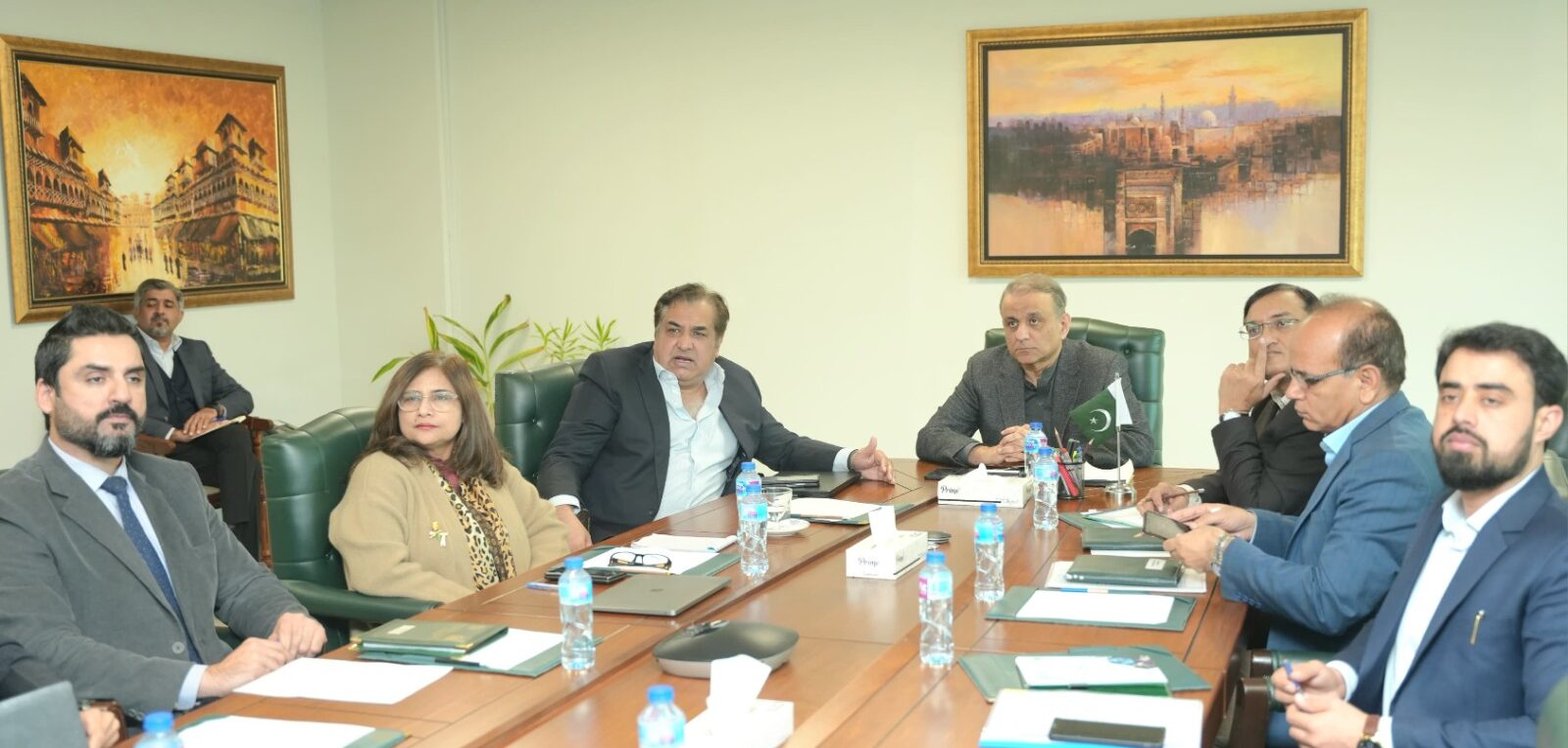KARACHI, December 09 2024: In recent years, Pakistan’s textile industry has faced significant challenges, with the Export Facilitation Scheme (EFS) emerging as a major contributor to its downfall. The All Pakistan Textile Mills Association (APTMA) has highlighted the detrimental effects of this scheme on local spinning mills, which are now facing massive closures and mounting losses. The misuse of the EFS, originally designed to stimulate export growth, has instead led to an increase in illegal imports of yarn, causing widespread damage to the domestic textile sector.
The Misuse of EFS: A Growing Crisis
The EFS was intended to support textile manufacturers by exempting them from sales tax and duties on the import of cotton and blended yarns, with the goal of bolstering Pakistan’s textile exports. However, over time, unscrupulous elements within the industry have exploited this scheme. The result is a surge in the import of yarn under the pretext of being used for export purposes, yet a significant portion of this yarn is being diverted to the domestic market, where it is sold at rates that local producers cannot match.
This fraudulent practice is causing the collapse of local yarn manufacturers, who are unable to compete with the cheaper imported yarns. The closure of local mills is not just an economic setback but also a human tragedy, as it has led to widespread unemployment, with hundreds of thousands of textile workers losing their livelihoods.
Impact on Local Mills and Workers
The consequences of the EFS misuse have been devastating for Pakistan’s local textile mills. Over 40% of spinning mills have been forced to shut down due to the unfair competition posed by duty-free and sales tax-free imported yarn. These mills, which once supplied yarn to exporters, now find themselves unable to compete with imports that are artificially cheaper. The situation has been exacerbated by skyrocketing energy prices, which have increased production costs for local manufacturers.
The closure of spinning mills has led to a ripple effect across the entire textile industry. As spinning mills shut their doors, the downstream sectors of weaving and processing are also at risk of collapse. Pakistan, once a powerhouse in the global textile market, is now seeing its full textile value chain crumble under the weight of poorly designed policies.
A Bleak Future for Pakistan’s Textile Industry
APTMA’s press release highlights the critical need for the government to address the situation urgently. The textile industry, which once contributed significantly to Pakistan’s economy, now faces a bleak future if the government fails to act. With external liabilities exceeding $100 billion in the next five years, Pakistan desperately needs to increase its exports and domestic value addition to meet its financial obligations without resorting to expensive debt.
However, the current trajectory, driven by flawed policy decisions such as the withdrawal of the sales tax exemption for export manufacturing under the Finance Act 2024, threatens to push the industry into further decline. Local textile manufacturers are already struggling with the delay in sales tax refunds, which add an opportunity cost of at least 20% per annum. Instead of boosting revenue, these policies are driving businesses into bankruptcy and reducing the government’s revenue collection potential.
A Call for Reform: Restoring Fairness and Competitiveness
APTMA has urged the government to take immediate action to rectify the situation. The association calls for the restoration of the EFS to its pre-Finance Act 2024 form, including the reinstatement of the sales tax exemption on all local supplies used for export manufacturing. Additionally, a comprehensive review of EFS holders is needed to ensure transparency and accountability. The government must implement strict penalties for those engaging in fraudulent activities and protect the interests of domestic industry players.
Without these reforms, Pakistan risks losing one of its most valuable assets: its fully integrated textile and apparel value chain. This would not only harm the domestic economy but also weaken the country’s position in the global market, where few nations possess the capability to offer such a complete textile production process.
Conclusion: A Path Forward
The current crisis facing Pakistan’s textile industry underscores the importance of sound and transparent policy-making. The government must urgently address the misuse of the EFS, restore fairness to the local textile market, and prioritize the preservation of this vital industry. Only through decisive action can Pakistan protect its textile sector from further collapse, safeguard jobs, and secure its future as a global textile leader.



























































































































































































































































































